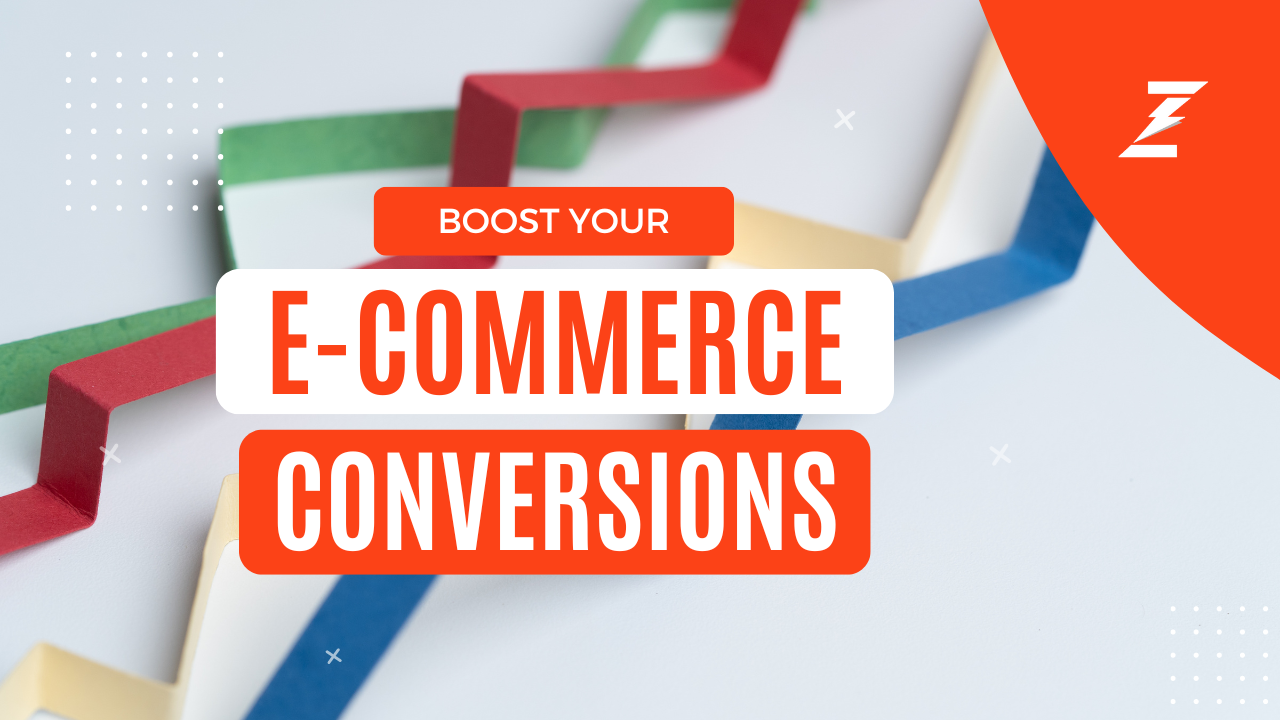
Platforms for E-commerce
In today’s digital age, the choice of an e-commerce platform can significantly impact the success of your online business. Let’s explore some of the top platforms available and what makes them stand out.
1. Shopify: The All-in-One Solution
Shopify offers a comprehensive suite of tools to create and manage your online store effortlessly. With its intuitive interface and extensive app store, Shopify is an excellent choice for businesses of all sizes. However, its subscription-based pricing may not be suitable for everyone.
2. WooCommerce: Power and Flexibility
WooCommerce seamlessly integrates with WordPress, allowing you to turn your website into a fully functional e-commerce store. Its open-source nature provides unparalleled flexibility, but additional costs for hosting and extensions should be considered.
3. Magento: Robust and Scalable
Magento is favored by larger enterprises for its highly customizable and scalable solution. With robust features and extensive community support, Magento can handle high volumes of traffic and transactions. However, its complexity may pose challenges for beginners.
4. BigCommerce: Scalability and Growth
BigCommerce offers a cloud-based solution focused on scalability and growth. With built-in marketing tools and robust SEO features, BigCommerce makes it easy to attract and retain customers. Its affordability and ease of use make it a popular choice for businesses of all sizes.
5. Wix: Simplicity and Design
Wix stands out for its simplicity and stunning design templates. With its drag-and-drop website builder, Wix makes it easy to create an online store without any coding skills. However, its e-commerce capabilities may not be as advanced as other platforms.
6. Webflow: Design-focused E-commerce
Webflow offers visual web design tools that prioritize aesthetics and design flexibility. With its intuitive interface, Webflow allows users to create custom e-commerce experiences. However, it may not be as beginner-friendly as other platforms.
7. Squarespace: Elegant and Intuitive
Squarespace is known for its elegant templates and intuitive interface. With its built-in e-commerce features, Squarespace makes it easy to create a beautiful online store. However, customization options may be limited compared to other platforms.
Comparison of Platforms
When choosing an e-commerce platform, consider factors such as performance, customization, and pricing. Each platform has its strengths and weaknesses, so it’s essential to evaluate your options carefully.
Choosing the Right Platform for Your Business
To select the right platform for your business, assess your needs, budget considerations, and long-term scalability. Whether you prioritize ease of use, customization, or scalability, there’s a platform that fits your requirements.
Tips for Successful E-commerce Platform Implementation
Focus on optimizing user experience, mobile responsiveness, and integration with other tools to ensure a seamless transition to your chosen platform.
Conclusion
The choice of an e-commerce platform is a crucial decision for any online business. By carefully evaluating your options and considering factors such as performance, customization, and scalability, you can find the perfect platform to help your business thrive in the digital marketplace.
FAQs (Frequently Asked Questions)
Which e-commerce platform is best for beginners?
Shopify and Wix are often recommended for beginners due to their user-friendly interfaces and extensive support resources.
Are there any free e-commerce platforms available?
WooCommerce and Magento Open Source are free to use, but additional costs may apply for hosting and extensions.
Which platform offers the most customization options?
Magento and WooCommerce offer extensive customization options, making them suitable for businesses with unique needs.
Can I switch e-commerce platforms once my store is live?
While it is possible to switch platforms, it can be a complex and time-consuming process. It’s best to choose the right platform from the start to avoid disruptions to your business.
Do e-commerce platforms offer support for multiple currencies and languages?
Yes, many e-commerce platforms offer support for multiple currencies and languages, allowing you to reach a global audience.
Need help deciding the perfect platform for your online store? ? Contact us for assistance!



